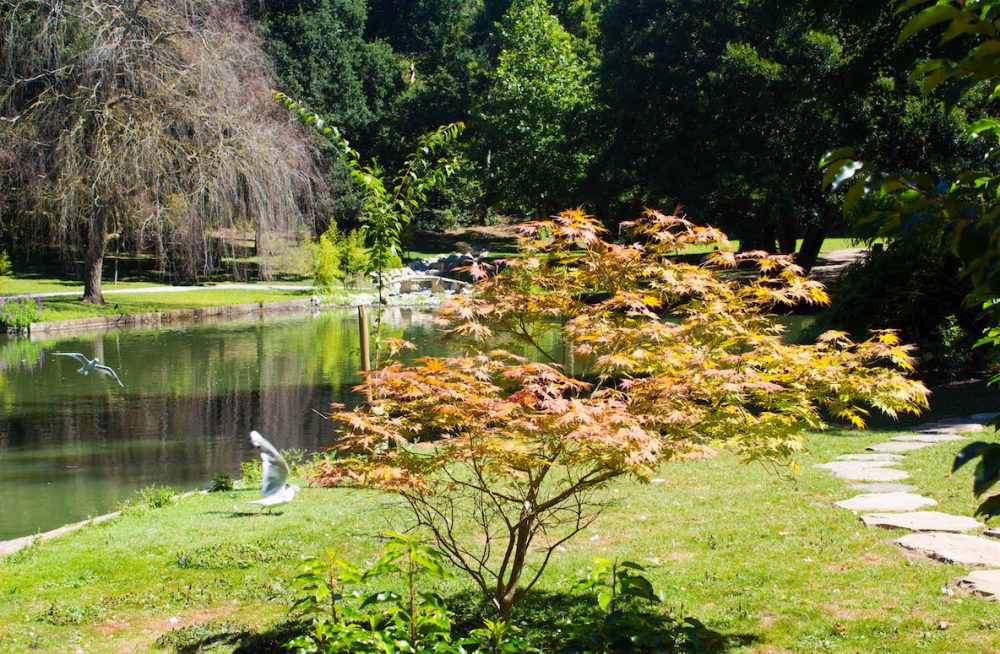I felt honoured to be asked to speak to a group of therapists about working with difference, focusing on African Caribbean clients. The whole process of preparation and execution has been really instructive.
I wanted to share my 7 steps on this part of my journey as it may trigger something for others:
1. As an African Caribbean counselling student I felt I had to struggle through the training without that part of my identity being included. We were very good on ancestral characters but these seem not to link to real world experiences of differences. The training was very holistic and addressed many parts of my growing self and included thoughts, behaviours, imagination, spirituality and body awareness but no aspect seem to address how it might feel to be a black female in the white female world of therapy. The male minority and gay minority (all white) felt able to voice their feelings around their experience. I imagine encountering staff who mirrored those aspects of their identity helped this; there were no black members of staff.
2. Since graduating I have explored my growing sense of what it means to be a black female counsellor – in my personal life, in the community, in group therapy, with clients, with other black female therapists. With other black therapists there is some mirroringso I get my thoughts and feelings reflected back and this deepens my awareness and growth.

caribbean queen
3. With group therapy and peer support there is a long-standing, mutually agreed, confidential set up. We share our individual struggles and we are supported and challenged. They do it to me and I do it for them. This involves great trust and highlights our awareness of who we are now and our continuously deepening individual and relational journeys.
4. Being asked to do this talk meant that the subject of race and therapy is more acceptable as a discussion topic to the profession in general and is no longer unspoken. By agreeing to do the talk I would now break my silence on the subject, practiced so well during my training. Back then I felt it best to leave it off the agenda rather than force the subject onto people who were, on the whole, not very interested. I did not wish to make people feel uncomfortable or guilty and knew it would be a lifetime’s journey into this and other parts of me. It is not possible to explore everything in 3.5 years and therapists continue in personal development outside of what we do for our clients.
5. So now I find I am being given space and voice and I have given myself the same. But what does that mean? Am I now the black expert? Could I possibly speak for all African Caribbean people and their experience of therapy? Is it about migration, family structure, education, housing, racism or slavery? Where do I start and what do I want them to know, understand and experience at the end?
6. I prepared as best I could, given conflicting ideas of what I wanted to achieve. I arrived to an all white audience as I had imagined. Who were they and why had they come when other chose not to? I feel exposed because they know who I am and I am about to let them into some very personal experiences, thoughts and feelings. Although there are theories and concepts, this subject is personal to me, and not just delivering continuing professional development.
7. There were so many ways it could go. Here is what happened:
a) I prioritised engagement and discussion as I wanted to know where they were in their experience of difference and what queries they had. I’ve sat through too many equality sessions where people attend because they have to but they take away nothing.
b) I wanted an honest style where people would feel able to ask anything they wanted. I guess I chose education and authenticity over being challenging. For me a lot of therapy is about raising awareness and connecting to unconscious thoughts, feelings and beliefs so this is what I could facilitate here too.
c) My desire to be open and responsive meant that I paid less attention to structure and this is the area to improve for the next talk.
So this whole process has been very helpful for me, and I enjoyed facilitating the session. It feels very much like a moment in time, a turning point. How do you relate to the differences you find in the world? Have you been silent on something then decided to speak up? Leave a comment below to carry on the conversation.



